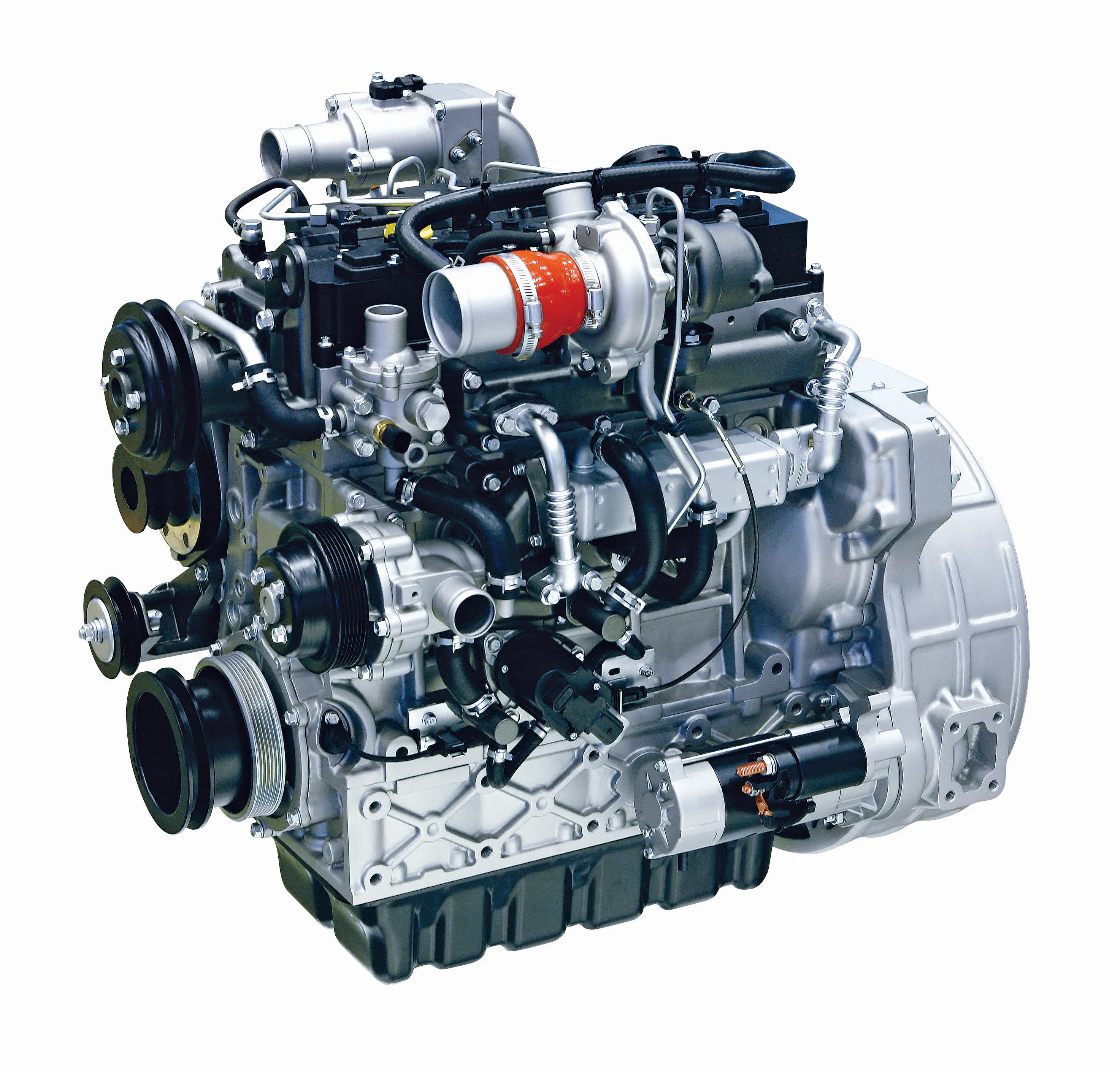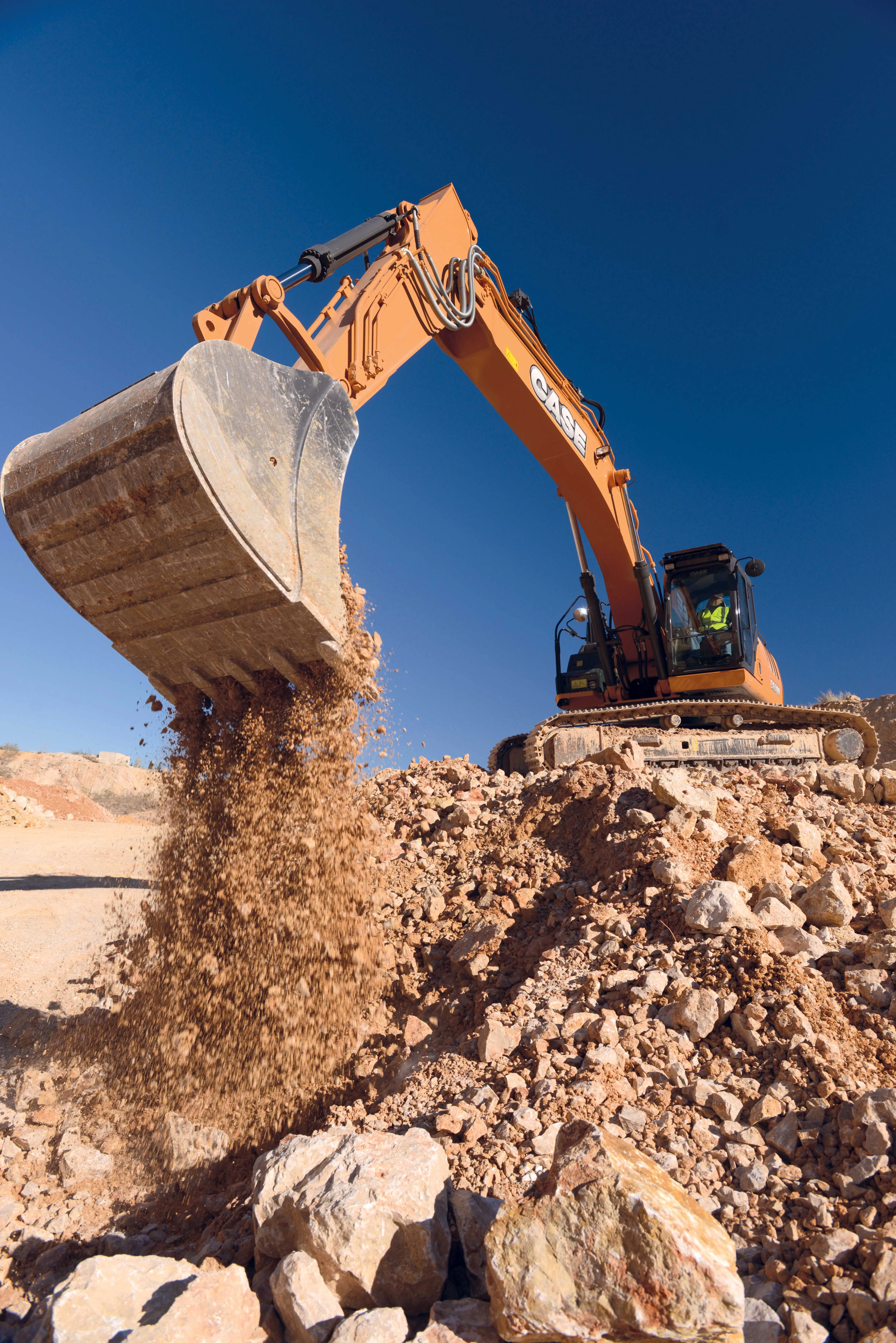A series of industrial engines from Deutz is now available that can run on 100% biodiesel. These new engines feature 2000bar injection systems and meets Stage IIIB standards for exhaust emissions. These are claimed to be the first production engines running on biogenic fuels, however the firm adds that it recommends use of Biodiesel Quality Assurance Working Group (AGQM) certified biodiesel. The company says that it is confirming its position in the market by releasing its exhaust emissions standard Stage I
May 18, 2012
Read time: 2 mins
A series of industrial engines from 201 Deutz is now available that can run on 100% biodiesel. These new engines feature 2000bar injection systems and meets Stage IIIB standards for exhaust emissions. These are claimed to be the first production engines running on biogenic fuels, however the firm adds that it recommends use of Biodiesel Quality Assurance Working Group (AGQM) certified biodiesel. The company says that it is confirming its position in the market by releasing its exhaust emissions standard Stage IIIB TCD 6.1 L6 and TCD 7.8 L6 models, including SCR exhaust after-treatment and 2000bar injection system, for use with 100% EN 14214 biodiesel. The firm is also meeting growing customer demand for alternative fuels. The move comes following extensive field tests, conducted in collaboration with the Union for the Promotion of Oilseeds and Protein Plants (UFOP), to validate the suitability of biodiesel. But Deutz points out that only biodiesel conforming to the DIN EN 14214 specification can be used. The firm recommends that its customers should also assure themselves of the quality of the biodiesel by obtaining a certificate from the AGQM.









